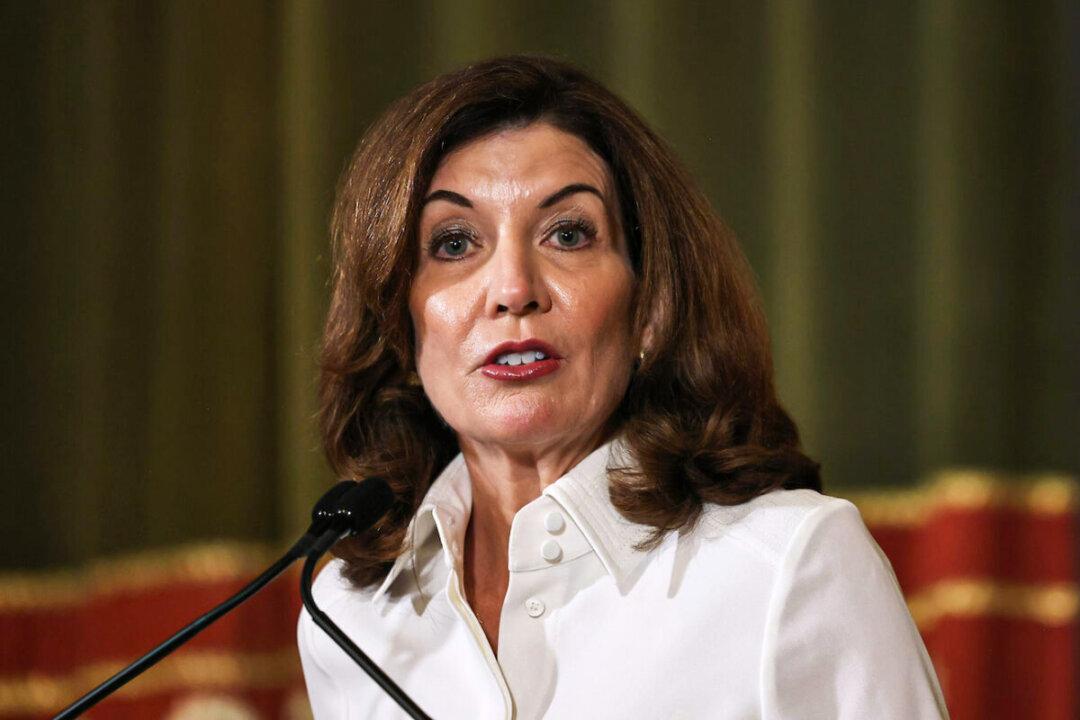Nursing home operators accused by the New York State’s Attorney General’s office of neglect also happened to be donors for New York’s Governor Kathy Hochul, according to campaign filings.
About two dozen executives at twenty-two health care facilities currently under investigation by Attorney General Letitia James for mistreating residents, also happen to have donated to the governor, reported the Times Union.





